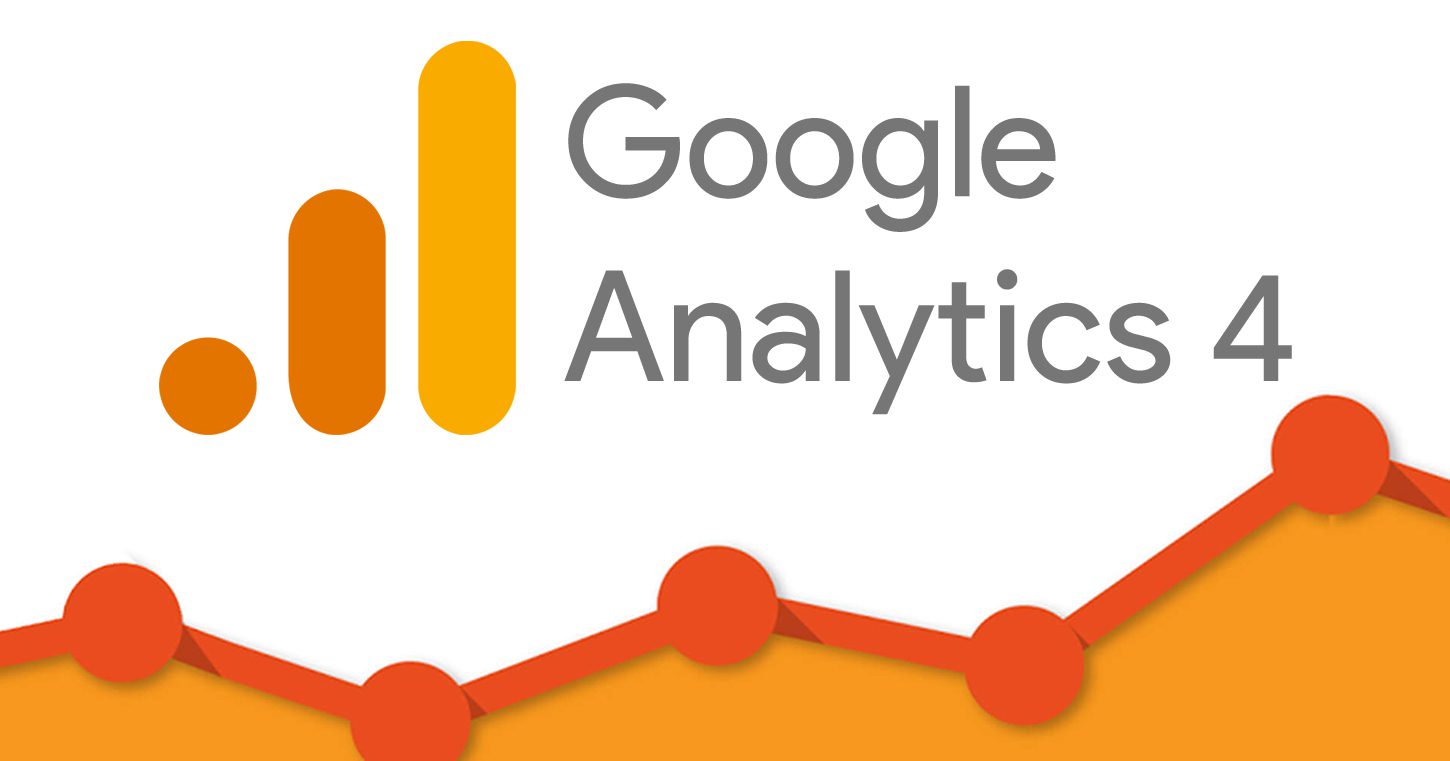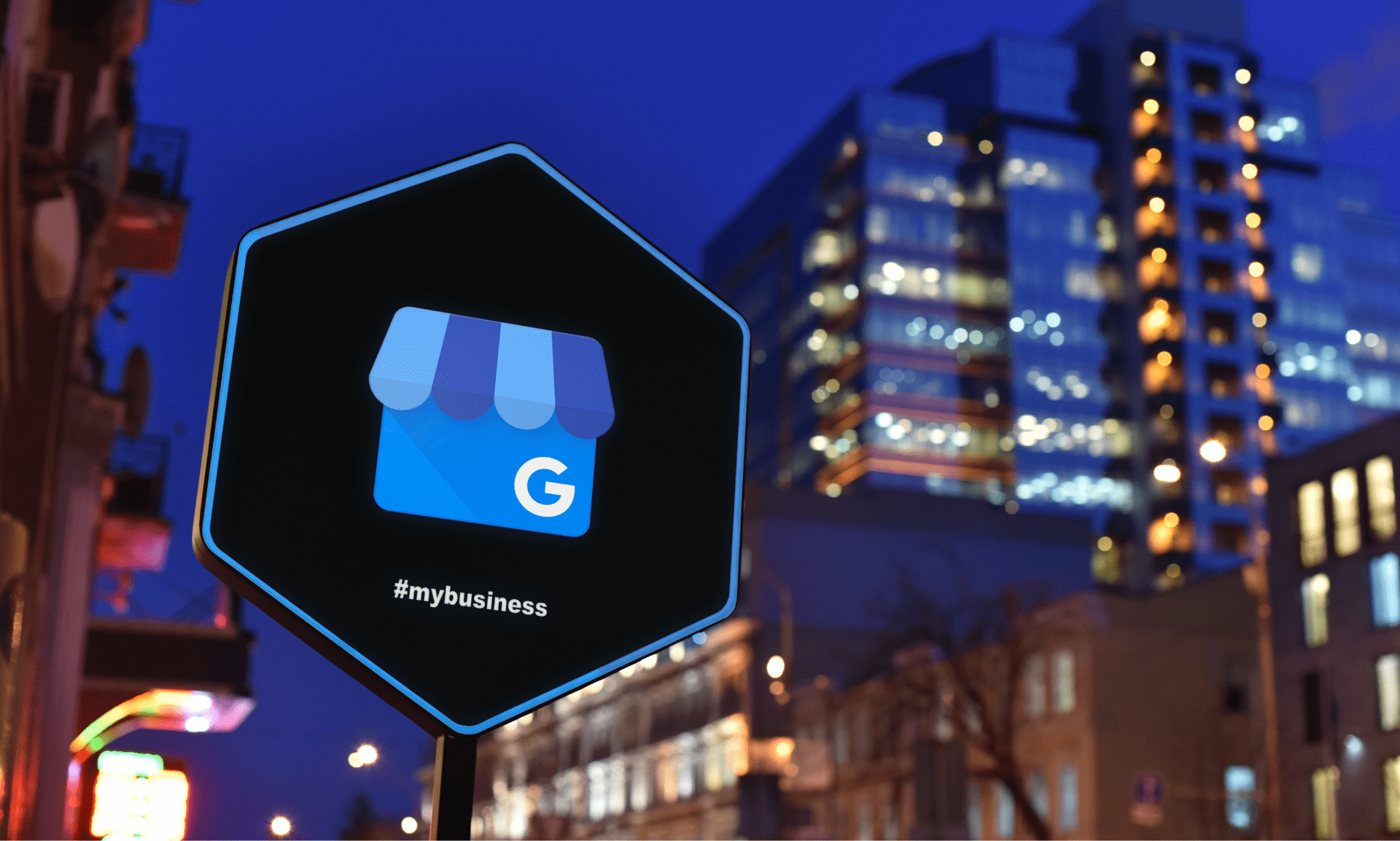Google & Web Page Titles: What You Should Know

Titles are often the first thing that catches the eyes of those looking at search results. If the title resonates, searchers will read the little snippet or simply click to check out the result.
Have you ever noticed that sometimes the title on a search result and the title on the page you visit are a little different? Or sometimes very different?
This isn’t a glitch or a mistake. Google is intentionally doing it. Actually, it’s been going on for almost ten years.
Why Doesn’t Google Just Use HTML Title Tags?
Google wants its users to get the best possible results for each query. Google may change the title of a page in the search results to better describe its contents.
Why? Some HTML title tags just don’t work. They are too long or “stuffed” with keywords. Some pages don’t have assigned titles or use very generic titles like “Home”.
Poor or spammy titles displayed in the search results don’t help those looking for the best information.
What Does Google Use to Create Titles?
Instead of simply defaulting to the HTML Title, Google analyzes the headers, prominent content, and even the text within links that point to the page. All this information–and more–helps Google create relevant titles based on search queries.
Up until recently, some web page titles Google generated for a site changed based on the query. This month, however, Google’s new title generating system began producing titles that describe pages better overall.
Now website titles will generally be more static regardless of the search query.
What Does This Mean for Your Website?
Your web page titles need to stand out in search results. That’s how you rank higher and get traffic to your site.
You want to make sure each page on your site has all the necessary information presented clearly with a great title, supporting headers, alt-text, alt-titles, and important text presented prominently.
Of course, if you understand SEO best practices and the importance of creating high-quality content for your website, this may already be something you’re doing. But, now, more than ever, you need to make sure you are doing all these things well.
Do I Still Need to Craft an Excellent HTML Title for My Web Pages?
Yes!
If your HTML title is concise and accurately describes the content of your page, Google may use the exact title.
At this point, the new system uses 80% of the website HTML title tags (or a portion of them).
But spammy, clickbait titles for web pages with poor content may easily be buried under the massive pile of other, better search results.
Here are a few tips for effective titles:
- Describe your page (using relevant keywords) in less than 66 characters
- Put the keyword at the beginning of the title when it makes sense
- Focus on the benefit your web page brings to your audience
- Make sure each page has a unique title tag
- When applicable, use numbers instead of spelling them out
Having Trouble Keeping Up with Google’s Updates?
Google regularly makes changes to their search engine algorithms. For example, in 2020, Google made around 4,500 updates–some minor and some that made major ripples in how businesses show up and people receive content.
The web continues to grow. You could expect those updates to continue…and increase.
As a business owner, you already have so much on your plate. You can’t just stop your business and make changes to your website when a Google update affects your traffic.
Afflatus Media proactively helps businesses stay relevant to search engines–and their audience–as the waves of updates keep rolling in.
Stop worrying about the next algorithm change. Make sure your website is ready for what lies ahead.
Keep your online presence strong. Show up high in search engine rankings. Bring (FREE) organic traffic to your website.
Afflatus Media is here to help you do all this.




